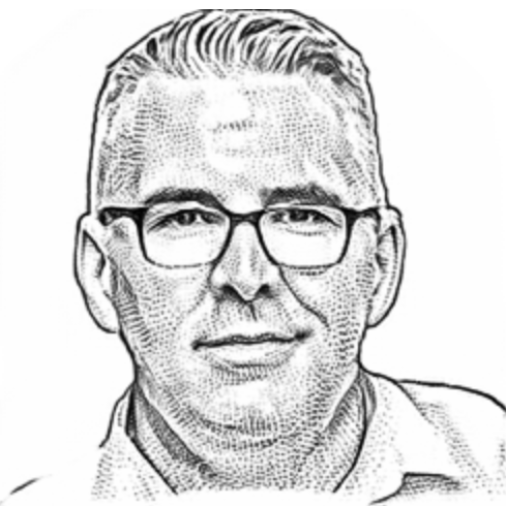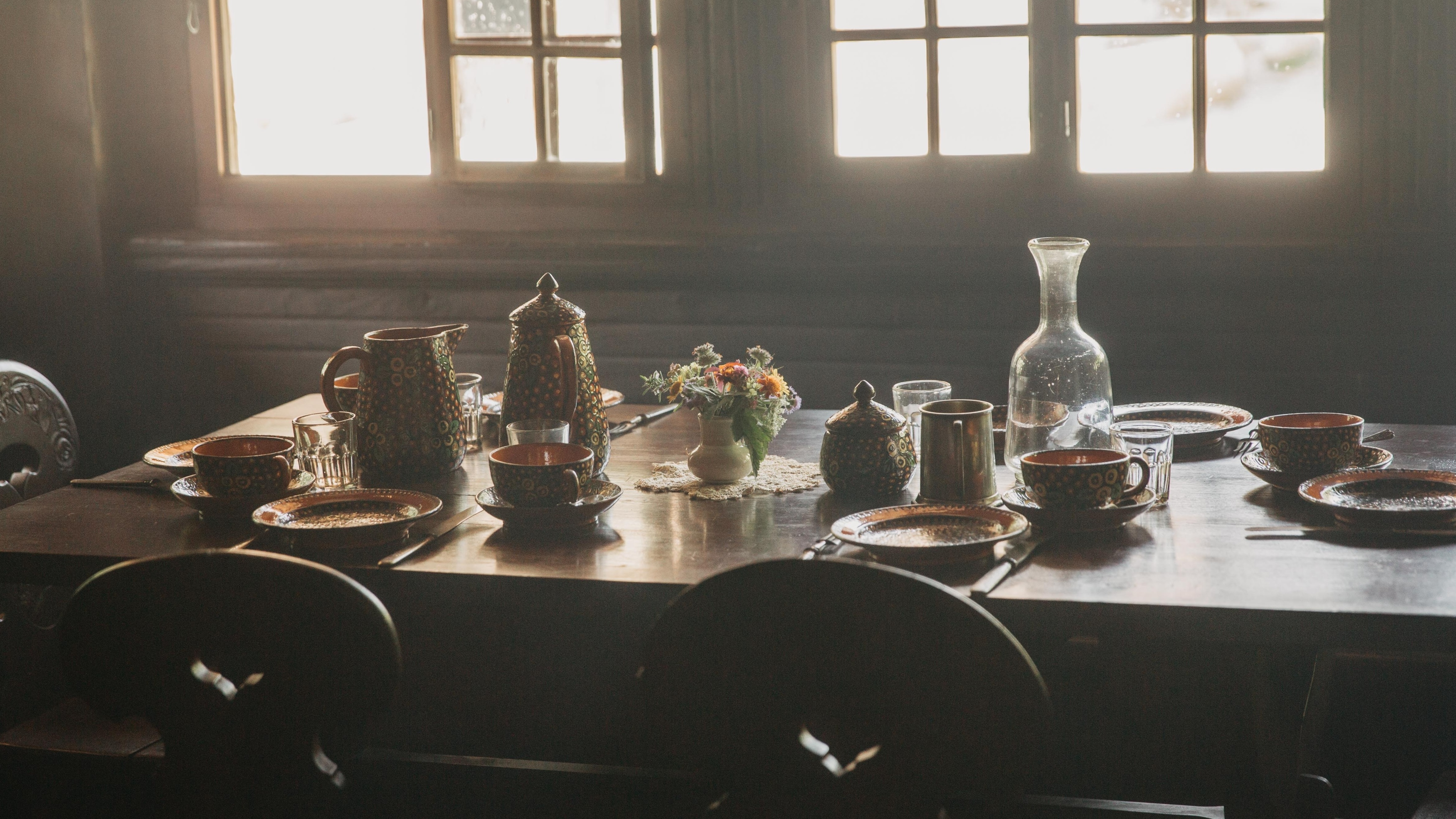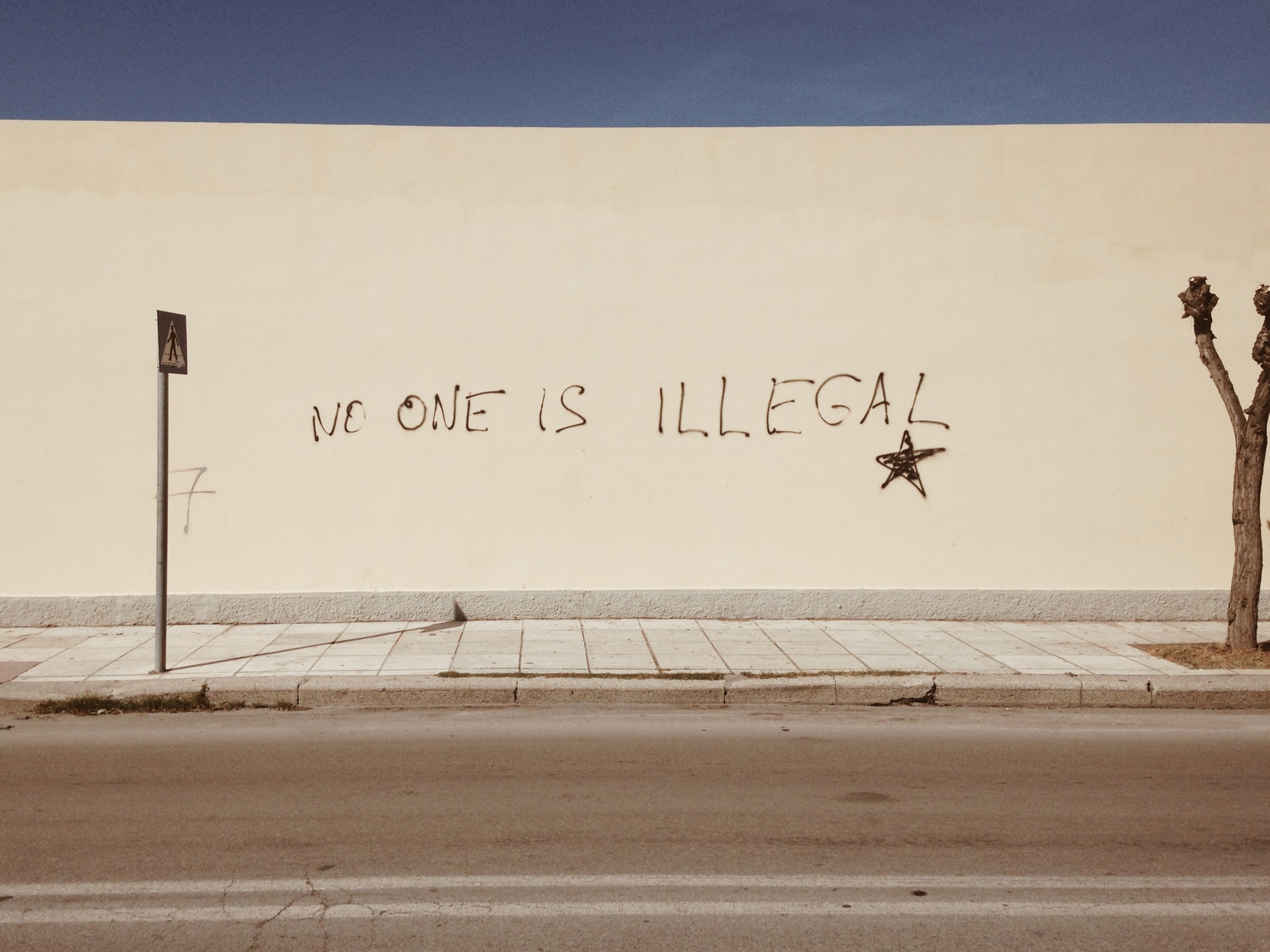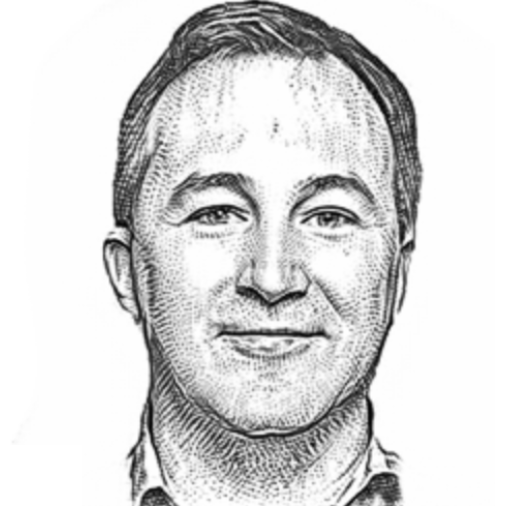Young & Stupid



Just over twenty-five years ago, on October 3, 1995, I was seated at the dining room table in my grandparents’ living room in rural Canada. We had just finished eating a meal and were watching as the verdict of the O.J. Simpson murder trial was announced live.
When it was announced that O.J. Simpson was found not guilty, my grandfather made a short statement, quietly, almost under his breath. “That’s just those peoples’ revenge for when those cops got acquitted for beating up that coon in Los Angeles.”
At first, I was pretty sure I didn’t hear him correctly. I had never heard that term spoken in an actual conversation, and only knew what it meant from movies and TV. It didn’t seem likely to me that my Grandfather who had rarely traveled more than a few hundred miles from his home his entire life would have any reason to know the term, or especially to use it. But as a few seconds elapsed, I knew that I hadn’t misheard him. I thought about just letting it go, but a mixture of offense and curiosity overtook me, and I pressed him on it.
“What did you say, Grandpa?”
He responded with a short history about Rodney King, and how the four officers who violently assaulted him during his arrest were acquitted a few years earlier. I didn’t necessarily need the reminder, as I was familiar with that well publicized event, but it served to confirm what I thought I had heard, and the intent of it.
“How can you say something like that? It’s incredibly racist and ignorant.”
Grandpa didn’t seem that phased by my protest and went on to explain that I didn’t understand black people the way he did, because he had “met a few of them as a teenager” and knew what they were all about. This pressed even more of my buttons, as I had recently returned from a six-month stint in rural Kenya working with artists to develop sustainable production contracts for their work, and to encourage steady incomes for their families. I had worked with them. We had negotiated contracts and built shipping crates together. I counted several people I met there as close friends.
I do not recall with clarity what transpired over the next few minutes, but suffice it to say that the conversation became quickly elevated as my indignation bristled against his dismissive and condescending attitude. At one point, I decided to summarize the conversation, and strike a decisive blow by stating unequivocally, “Based on my experience, it seems to me that white people have destroyed everything they’ve laid their hands on in the last few thousand years.”
There was a temporary hush, followed by an unceasing litany of examples of the pluck and moxie of my forebearers who had eked out a meager existence on this same land. Even my grandmother joined in at that point reminding me of how ignorant I was of all that her parents and grandparents had endured to give her, and in turn my father and myself the opportunities I had in life.
I went upstairs, hastily packed a backpack, walked out the door, and road my mountain bike the seven miles to my mother’s parents’ home to stay with them. I remember how fired up I was. I remember how righteous I felt... as if I were symbolically defending humanity itself from the ignorance and racism that threatened to oppress and harm countless individuals. My twenty-one-year-old heart was practically bursting with pride at the principled and courageous position that I had taken and refused to back away from.
With that incident now two and a half decades behind me, I remember it with regret and shame. What my grandfather said was patently racist, and it betrayed his age, his background, his education, and the influences of his youth more than it did his malice or ill-intent towards African Americans.
For my part, all I did was prove how young, petulant, and judgmental I was. My grandfather was certainly no Grand Dragon of the Ku Klux Klan, but I still pretended to be a brave knight, sword in hand, ready to cut the beast down. It is just embarrassing, really.
I certainly didn’t have the appreciation then, that I do now of who my grandfather was, and indeed, what he had done for my benefit, and the benefit of many others throughout his life. His father, troubled and abusive from his experiences in World War One, had abandoned grandpa before the age of five, and his mother soon afterward, leaving him to be raised by a stern uncle. He had left home at the age of 14 and joined a logging camp a thousand miles from home, working 12–16 hour days to earn money which he brought home and used to make a life for himself. He was a stern parent in his own right, but was honorable and fair, and my father inherited his incredible work ethic, which he in turn tried to teach me. My grandfather had more hard work and sacrifice in his little toe than I will ever boast if I live to be one hundred and fifty.
I’ve recently been reading and enjoying Professor Jordan Peterson’s new book entitled “Beyond Order: 12 More Rules for Life” .
Rule 1 reads: Do Not Carelessly Denigrate Social Institutions or Creative Achievement.
Perhaps I was right to take my grandfather to task for what he said all those years ago, but there was a myriad of other more constructive ways I could have went about it. Many of which I am confident would have led to a frank and meaningful conversation.
I was not wrong to bring up the issue. I was not wrong to express my disagreement. I was wrong to do it carelessly. I was careless in not acknowledging my comparative lack of experience and understanding. I was careless in assigning evil intent where it may not have existed. I was careless in my eagerness to assign myself the role of righteous protagonist, tirelessly defending the cause of truth and righteousness, which also necessitated making my own family member the bad guy in my impromptu fantasy.
The brand of cancel culture we are witnessing today aims beyond the mark in much the same way. Thoughtful, careful social change does not come about through reckless attempts to eradicate the existence or memory of institutions, words, people, symbols, or ideologies. That is the kindling of revolution, violence, divisiveness, and ignorance. Change is a careful labor of love. Meaningful and abiding change comes from a place of respect, appreciation… even admiration of the thing you are about to try and change.


